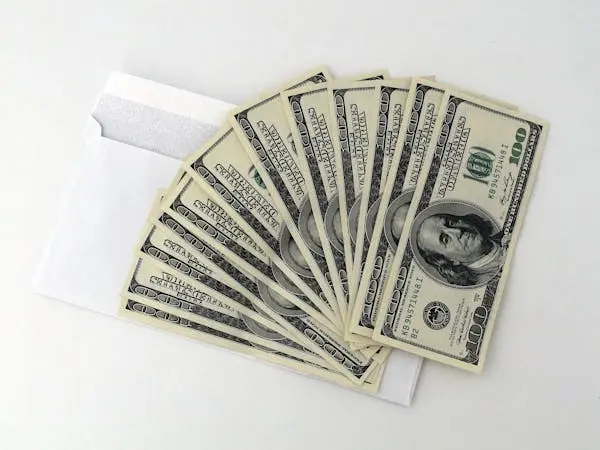Interest rates on student loans can have a significant impact on a student's financial future. The rate at which interest accrues on a loan can determine how much a student ultimately ends up paying back. It is important for students to understand how interest rates work and what factors can influence them.
There are two main types of student loans: federal and private. Federal student loans are issued by the government and typically have lower interest rates than private loans. The interest rates on federal student loans are set by Congress and are fixed for the life of the loan. This means that the rate will not change, regardless of changes in the economy or financial markets.
Private student loans, on the other hand, are issued by banks, credit unions, and other financial institutions. The interest rates on private student loans are determined by the lender and can vary depending on the borrower's credit score, income, and other factors. Private student loans often have higher interest rates than federal loans, making them a less attractive option for many students.
The interest rate on a student loan is calculated based on the loan's principal balance and the annual percentage rate (APR). The APR is a percentage that represents the cost of borrowing money, including interest and any fees associated with the loan. The higher the APR, the more a student will pay in interest over the life of the loan.
The interest rate on a student loan can have a significant impact on a student's monthly payments. For example, a student with a $30,000 loan at a 5% interest rate will pay $1,500 in interest the first year. If the interest rate were to increase to 6%, the student would pay $1,800 in interest, an increase of $300. Over the life of the loan, this increase in interest could result in the student paying thousands of dollars more in total.
There are several factors that can influence the interest rate on a student loan. One of the main factors is the borrower's credit score. Lenders use credit scores to determine the risk of lending money to a borrower. A higher credit score indicates that the borrower is less risky and may result in a lower interest rate. Conversely, a lower credit score may lead to a higher interest rate.
Another factor that can influence the interest rate on a student loan is the type of loan. Federal loans typically have lower interest rates than private loans, as they are backed by the government. Private loans, on the other hand, are not guaranteed by the government and are considered riskier for lenders, leading to higher interest rates.
In conclusion, the interest rate on a student loan is an important factor to consider when taking out a loan. Understanding how interest rates work and what factors can influence them can help students make informed decisions about their loans. By comparing rates, choosing federal loans over private loans, and maintaining a good credit score, students can minimize the amount of interest they pay over the life of their loans.

